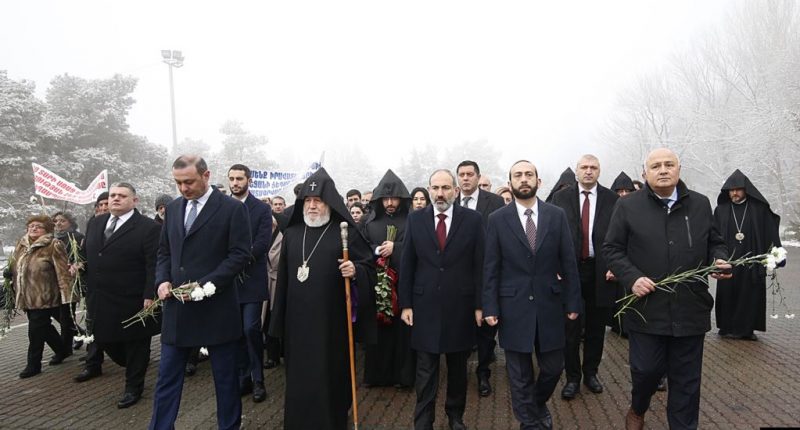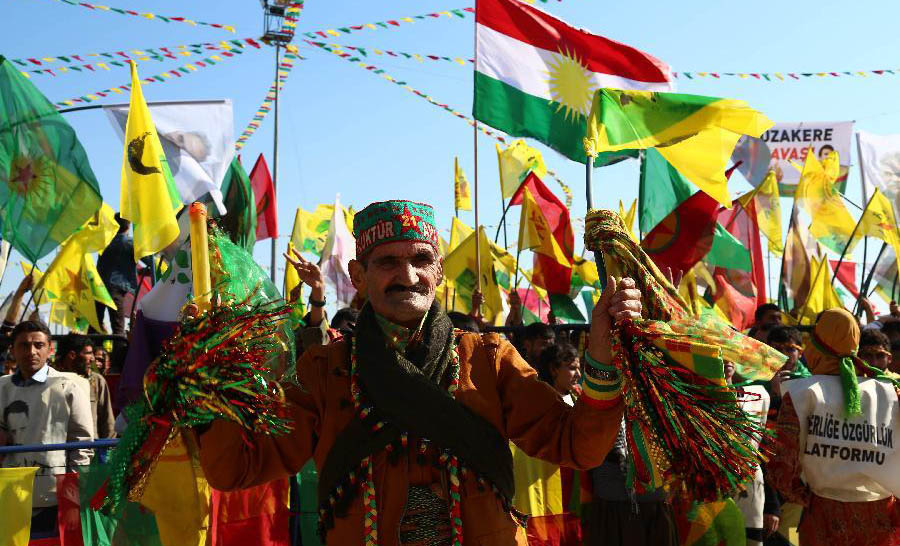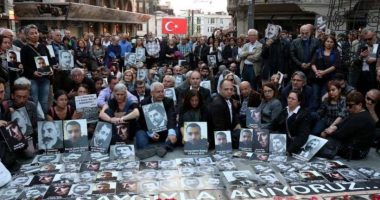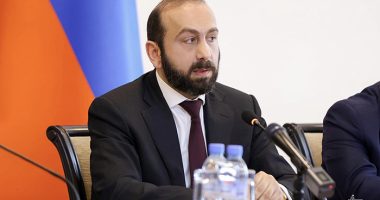YEREVAN – On January 13, Prime Minister of Armenia Nikol Pashinyan, the Catholicos of All Armenians, His Holiness Garegin II, Parliament Speaker Ararat Mirzoyan, several MPs and other government officials visited the Tsitsernakaberd memorial in Yerevan to pay tribute to the memory of the victims of the Armenian pogroms in Baku in 1990.
The Prime Minister laid a wreath and flowers at the monument to honor the victims of the pogroms.
In his message on the occasion of the 30th anniversary of the Armenian pogroms in Baku, Prime Minister Pashinyan stated the following:
“Today we commemorate the victims of the Armenian pogroms, ethnic cleansing and mass deportation in the capital of Azerbaijan, Baku. Thirty years ago, the international community witnessed and condemned the massacres of the Armenian population in Baku.
As a result of the policy of increasing oppression and ethnic cleansing after the Sumgayit pogroms in 1990, out of 250 thousand Armenians living in Baku, only 35-40 thousand people remained, mostly elderly and defenceless people. Their further fate was even more tragic. Hundreds of dead, mutilated and missing, tens of thousands of refugees – these are the results of the Armenian pogroms taking place during the week in Baku.
The Armenians of Baku did not pose any threat to Azerbaijan, its authorities or political forces. They only wanted to live where they and their ancestors were born. However, Azerbaijan perceived them as a threat only because of their ethnic origin.
Armenians have lived in Baku for centuries and had given the city a truly multicultural image. In the 19th century, they made a huge contribution to the foundation and development of the city’s oil industry. The role of Armenians in the development of the city was also invaluable during Soviet times.
Thirty years after these events in Azerbaijan, there is no respect or compassion for the victims of the Baku pogroms. Those few people who dared to even mention the tragedy of the Armenians of Baku in their literary works, were nailed to a pillory and officially declared traitors.
Even today, people who committed atrocities against the defenceless people are considered heroes in Azerbaijan, and their crimes are considered a glorious page in the struggle for the sovereignty and territorial integrity of Azerbaijan.
We regret to note that the last three decades in Azerbaijan have not served as a time of reflection, remorse or reconciliation.
During this time, we witnessed an attempt to destroy the population of Artsakh [Karabakh], the release and praise for the convicted murderer Ramil Safarov and the cruel torture and killings of elderly and defenseless people at the border region of Artsakh in April of 2016. Armenaphobia has become state policy and the creed of Azerbaijan.
Today, we express our gratitude to all international structures and parliamentary bodies that responded and documented these events, condemning and exposing them to the whole world.
Honoring the memory of our innocent victims, I declare with all responsibility, that we will not allow new attempts to destroy or deport Armenians. The Republic of Armenia, the Republic of Artsakh and Armenians worldwide will make every effort to ensure the right of the Armenian people to exist peacefully and prosper in their historical homeland, including Artsakh.”










